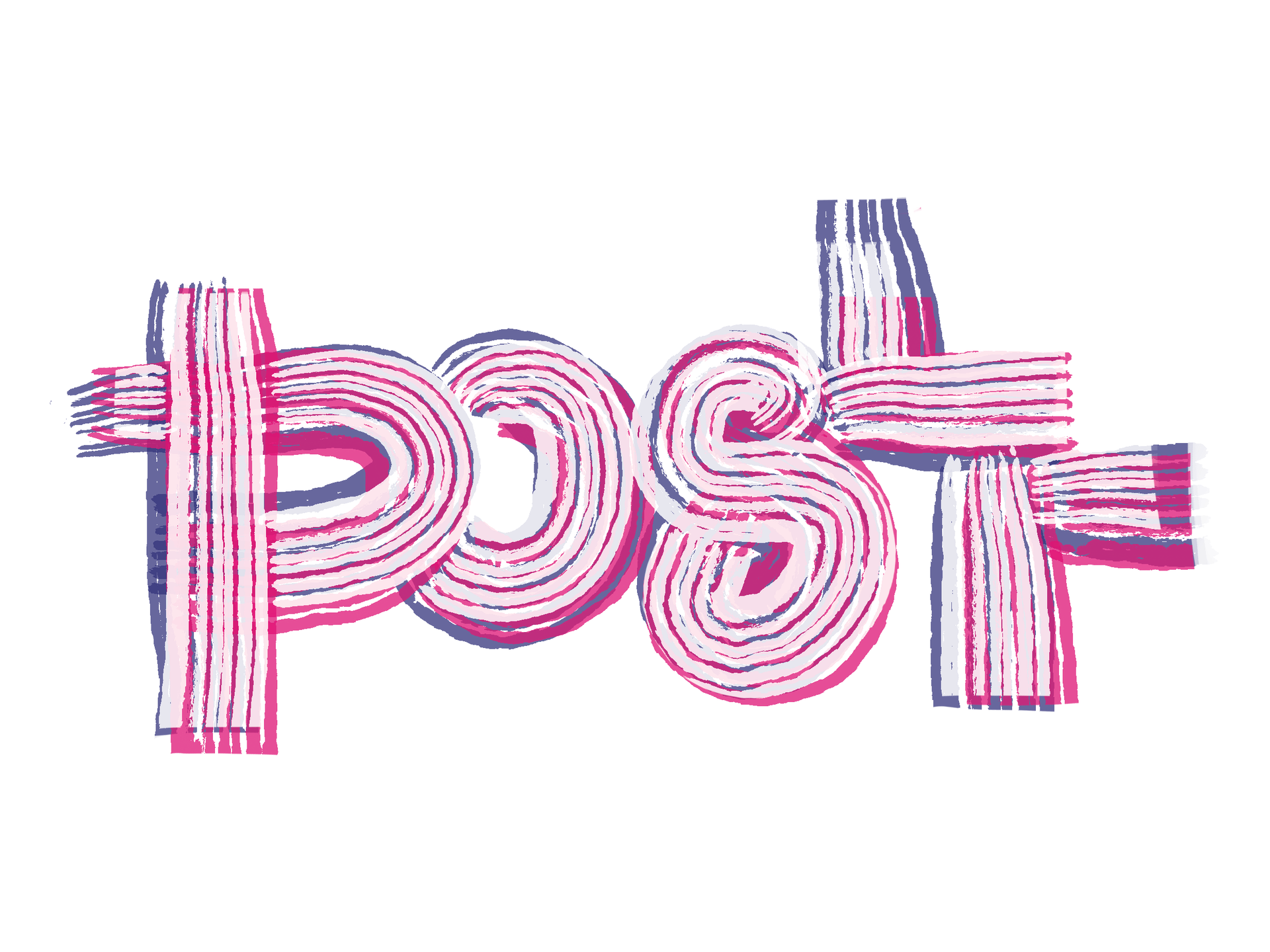We are born into clumsy bodies. We flail around with fat fingers as we learn to make sense of the fuzzy shapes around us, and to assert important truths like “ba” and “ga.” As we grow, we are given a fuller set of words to wrap our hands around, including words that are supposed to describe who we are. But what happens when we can’t quite grasp them?
Consider this. The dorm basement is dim and chaotic. A group of college freshmen sit cross-legged in a circle playing “Never Have I Ever.” In between my own legs is a red Solo cup, which has been filled with two ounces of overpowering cinnamon-flavored alcohol for the past hour. I dislike this game. It often makes people say grosser things than they would otherwise. It also makes me confront something—that against my will, I assign most people in basement circles to a higher social standing than me, since they’ve tried cool things like recreational drugs, which I haven’t.
I play to win. When my turn comes, I recite my sentence, inserting a premeditated pause: “Never have I ever...had a Christmas tree in my house.” Almost everyone groans and takes a sip, except for a figure with long dark brown hair. She leans forward and asks me across the circle, “Are you Jewish?”
I blush. “Well, half, technically.”
Not satisfied, she probes: “What’s your last name?”
I answer (wondering if I should also provide my date of birth). “Oh, okay,” she nods. “NOT JEWISH!” I get the impression that I have failed some kind of pop quiz. I’d like to go back and retake it—maybe this time knowing to brace myself—or explain why it wasn’t a fair test to begin with. But I don’t have a chance, and the game continues around me.
A few months later, I am sitting across the table from an acquaintance. Having placed our food-smeared plates off to the side, we are lingering. Religion comes up, and he asks me the question, and I respond, with learned ambiguity, “My dad’s Jewish.”
“I could tell,” he says confidently.
“You could?”
“Yeah, you have that look.” Part of me wants to ask, “What’s that supposed to mean?” But most of me feels reaffirmed: Take that, basement circle challenger!
Often, I feel like an empty vessel into which others pour their conceptions of me—conceptions that are sometimes intermingled with communion wine, and sometimes Manischewitz. Why am I so receptive to judgment? Growing up in the Midwest, I had only a few Jewish and Jew-ish classmates. Then, what I called myself—and what I meant by it—seemed more or less up to me.
In college, I realized how different it must be for people who weren’t alone in bringing eclectic Passover lunches to their middle school cafeterias. Once, as I was standing with potential friends around a metal table in the Hillel kitchen, our hands floury from braiding challah, they began listing Jewish names at random until one of them knew someone with that name. This was apparently an established game among some people from large Jewish communities—a game I was almost as thrilled to participate in as “Never Have I Ever.” “Jewish” seemed to mean something particular to them. I felt these people to be the true arbiters of Jewish identity, even though I knew this wasn’t right, nor did I particularly want to care what they thought of me.
But if other people are the authorities, what am I supposed to do when their opinions contradict each other? Even if I don’t feel the need to choose a category for myself, these contradictions tell me that labels matter to others, so I think carefully about how to phrase the revelation of my religious identity depending on who my audience is. Am I staring at an intimidating empty checkbox on a demographics survey? Checkboxes require thought: I could say Jewish since I’ve never eaten a pig, but maybe I’m an atheist, or agnostic. Am I passing by one of the mysterious white huts that springs up in the fall? I had to Google what this structure was (a sukkah, apparently); my family never celebrated any holidays that we couldn’t do at home. So I won’t pretend to share its heritage—and I’ll feel just the tiniest sense of loss. Or am I in front of an unthreatening non-Jewish friend? Them I can invite to Passover.
Consider something else entirely: I am in high school—a big city school where pro-life posters get torn down from the walls by noon, and all my friends go to Pride together to see Lizzo. To pinpoint my location more exactly, I am sitting in the hallway with my friend during lunch, as always. This friend wears huge gold glasses that, upon inspection, have empty frames. We are as far away as we can get from the overflowing cafeteria without being yelled at by security guards. My legs are stretched out on the endless grimy linoleum, and I am leaning against a mysteriously carpeted wall, enveloped in pizza smells and sneaker squeaks.
Today, an acquaintance has joined the two of us. I know her mostly by her capacity to talk for long intervals in a voice that sounds like a stretched rubber band. At one point in the conversation, I mention that several people have assumed I am dating another female friend. My friend starts laughing uproariously: “YOU? I couldn’t picture that!” The acquaintance asks, “Wait, Sophie, but are you gay?” This has the same inquisitive nature as, “Are you Jewish?,” so I pretend it wasn’t asked. I get away with it too, since the school bell is loud and long enough to drown out most unanswered things.
Two years later, now safely ensconced in a seemingly disambiguating heterosexual relationship at college, I talk to the long-winded acquaintance from high school about this confusion. She laughs and says, “I mean, yeah, you guys did wear matching suspenders and bowties to senior recognition night.”
I reply, “But still, people just assumed.”
If you ask me what I am now, I’ll probably still ignore you, because if my answer affects how you think of me, I don’t feel the need to provide one. But when there’s a religious affiliation box to check on a demographic survey, there’s usually also a sexual orientation box. As I rove the list of options on a survey before me, I know that many people find these words useful, even lifesaving—and yet none of them particularly compels me.
Many of us almost don’t know how to manage without the words we’ve been given. We use them to pull ourselves up when we first learn to take unsteady steps, and to point at and call “ball,” and to hold in our fists as we draw lopsided faces on big pieces of paper. Grown-up reality, I think, tends to be more like this.





